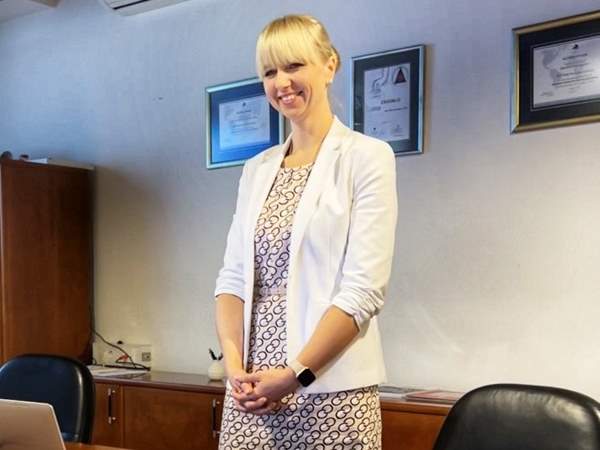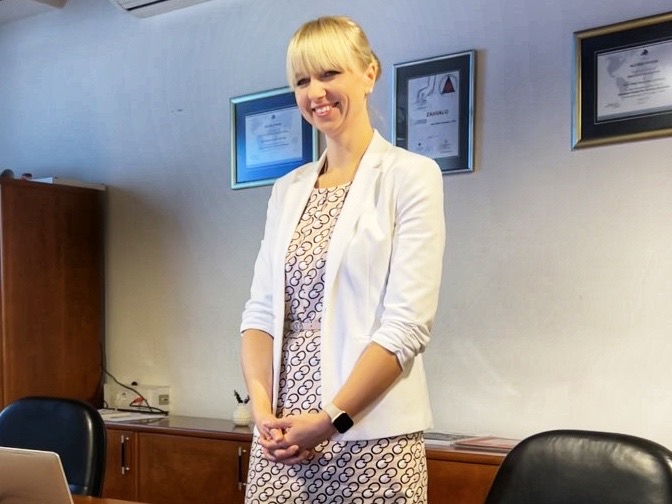
Lifelong education of healthcare workers is inevitable nowadays

Lidija Zorman, who completed her master's degree in nursing at Alma Mater, is convinced that formal education is no longer enough, as the general standard requires permanent education and thus the continuous development of skills, virtues, and abilities of the individual.
Continuous and rapid development in healthcare undoubtedly requires that healthcare providers, as an essential and indispensable member of the healthcare system, constantly educate themselves, improve and upgrade their knowledge. "Lifelong education of nursing care providers contributes to ensuring high-quality and safe treatment of patients in nursing care. In the final assignment, I focused on the main motivational factors and key obstacles to both formal and informal education, as well as to distance education," explains graduate Lidija Zorman. She adds the findings that only a few nursing care providers are trained in Pomurje, which they attribute to personal reasons, overwork at work, financial reasons, lack of time and staff in nursing, and overload. "It is precisely the lack of staff that nursing has been facing recently that affects the overload of its providers and, as a result, worsens their attitude towards lifelong education," the graduate emphasizes.
Also interesting are the results of the thesis research, which showed that nursing care providers in the Pomurje region would significantly prefer to continue their formal education if formal undergraduate education were available in Pomurje regularly. "The remoteness of educational institutions worsens their attitude towards continuing this type of education. From this, I can conclude that obtaining a concession for conducting nursing studies in the Pomurje region regularly is of vital importance for the future of the education of Pomurje nursing providers," Lidija Zorman points out. She adds that, despite the awareness of nursing providers in the Pomurje region about the importance of non-formal education, it is necessary to increase their motivation to participate in non-formal education.
The covid-19 epidemic also impacted the lifelong education of nursing care providers. "In nursing, we had to adapt to the demands of the covid-19 epidemic through distance education. It would make sense to find possible solutions for better acquisition of practical knowledge in remote education of nursing care providers and at the same time to find ways to encourage their concentration, attention, and communication," summarizes the graduate. She concludes that the awareness of healthcare institutions about how it is essential to encourage and invest in the education of their employees is crucial for a healthcare institution's success.
.jpg)
